http://www.theguardian.com/world/2015/feb/11/greece-warned-no-favours-bailout-negotiations-begin
Greece’s new leftwing government started its first serious negotiations with its eurozone creditors on Wednesday evening as fellow currency bloc members insisted that the country stick to its bailout agreement.
Yanis Varoufakis, the new Greek finance minister, went into negotiations with the other finance ministers at a specially convened session in Brussels of the eurogroup, following 10 days of touring Europe in a failed attempt to woo Berlin and other key capitals to shift the terms of trade between Athens and the eurozone. Entering the meeting, he was uncharacteristically taciturn.
The Greeks can expect no favours, ministers stressed before the crunch talks, which are certain to run into next week. A showdown that results in stalemate could see Greece running out of cash next month, unilaterally defaulting on the bailout programme with the troika of the European Central Bank, the European commission and the International Monetary Fund, and being forced to leave the single currency.
That prospect is viewed as a disaster fraught with high risk in Brussels, Paris and Rome. But Berlin, whose voice will matter more than most in the negotiations, is reliably said to be “extremely relaxed” about the Greek crisis and opposed to tearing up the agreements that Greece is formally bound to under the bailout terms.
“We have a programme,” said Wolfgang Schäuble, the German finance minister, before the meeting. “The programme is either brought properly to an end or there is no programme.”
“There can be no financing without conditionality,” said a senior EU diplomat.
Jeroen Dijsselbloem, the Dutch finance minister, who was chairing the meeting, said: “We will see on what basis we can continue our support to Greece. The Greek government is still in a programme with the eurozone. That’s the starting point.”
Expectations of any quick breakthrough were low on Wednesday evening. Eurogroup finance ministers are due to meet again in Brussels on Monday, while Alexis Tsipras, the newly elected Greek prime minister, is to make his debut on the European stage at an EU summit in Brussels on Thursday.
The Germans also signalled they were in listening mode, putting the onus on Varoufakis to deliver detailed proposals on what Athens wants. Tsipras, who won power on an anti-austerity platform, has repeatedly insisted that the current Greek bailout programme will not be extended from the end of the month, despite intense eurozone and German pressure to do precisely that.
Apart from the longer-term problems of rebuilding a wrecked economy while labouring under unsustainable debt levels of 175% of gross domestic product, Greece has an immediate short-term financing crisis which may come to a head on 1 March if there is no breakthrough. The current bailout programme expires on 28 February.
Varoufakis has acknowledged the short-term funding gap by calling for bridging finance from the eurozone to see Greece through until the end of May and to allow breathing space for striking a new and less onerous funding deal with the eurozone.
While most analysts expect a deal in the end, the brinkmanship on both sides could easily lead to blunders.
“A deal may still be possible but the Greek side will have to move most,” said Guntram Wolff, head of the Bruegel thinktank in Brussels.
It is not only northern German-led fiscal hawks who are resisting the demands of Tsipras. Spain and Portugal, whohave also been bailed out and having gone through their own wrenching austerity programmes, show no sign of being generous to the Greeks.
The Spanish conservative government is particularly concerned that concessions to Greece could boost support at home for its own leftwing, anti-austerity movement, Podemos, which is leading in the opinion polls ahead of general elections later this year. Portugal, though, is worried about a possible Greek exit from the eurozone, fearing the precedent it would set for weaker single currency members.
France and Italy, meanwhile, though broadly sympathetic to an easing of fiscal rigour, have been irritated by Tsipras’ megaphone diplomacy, seen in Brussels and elsewhere as importunate, hubristic and counter-productive.
But Pierre Moscovici, the EU commissioner for financial affairs and a former French finance minister, and Michel Sapin, his successor in Paris, both emphasised that the Greek election had changed the equation.
“Greece’s place is in the euro,” said Moscovici.


 so all Greeks do is stay at home? Who feeds them? Who runs the super markets and restaurants?
so all Greeks do is stay at home? Who feeds them? Who runs the super markets and restaurants? c'mon breh
c'mon breh


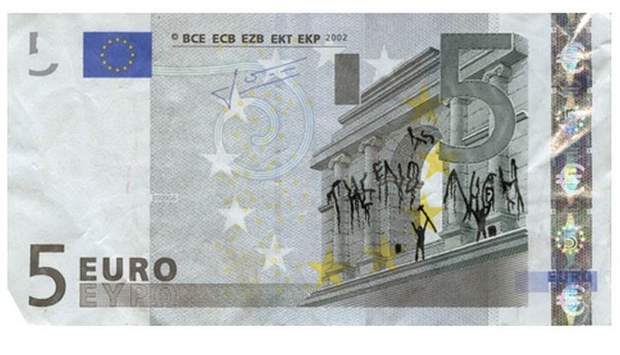
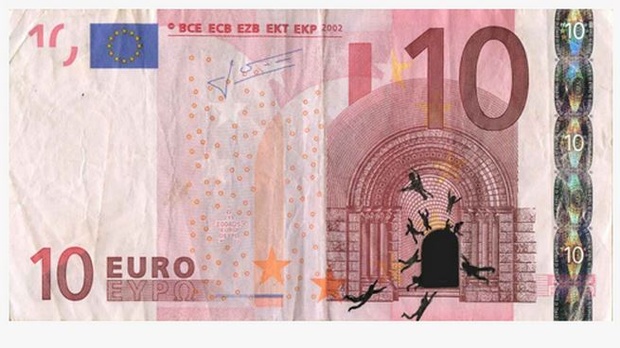

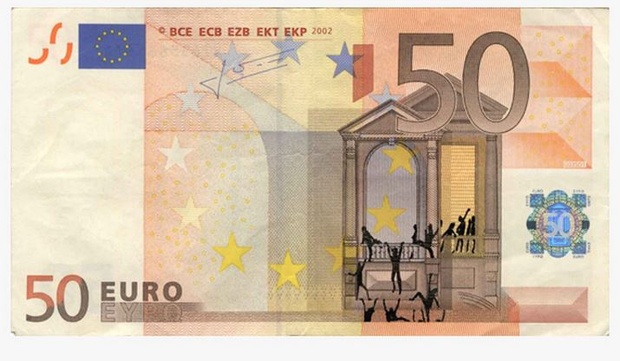

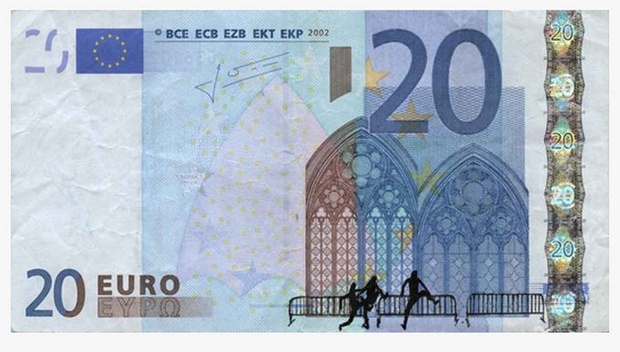

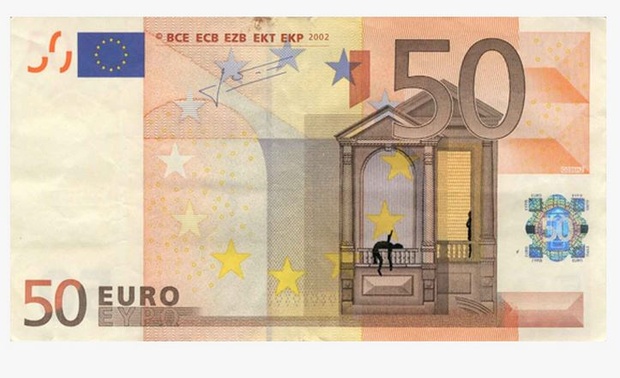
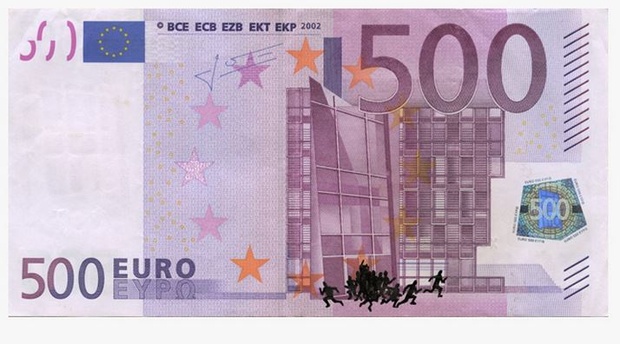




 ENLARGE
ENLARGE

